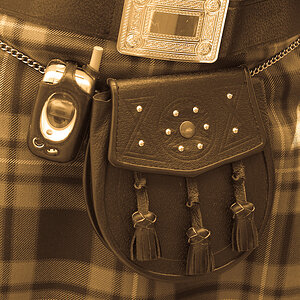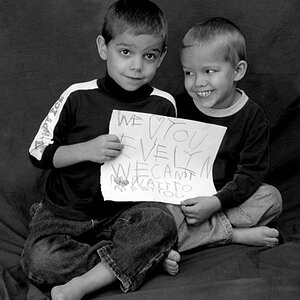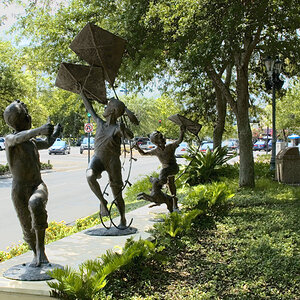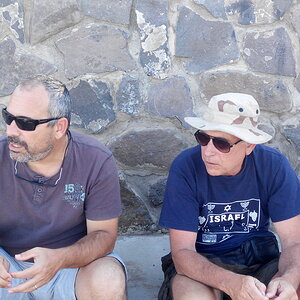Designer
Been spending a lot of time on here!
- Joined
- Apr 13, 2012
- Messages
- 18,505
- Reaction score
- 4,853
- Location
- Iowa
- Can others edit my Photos
- Photos OK to edit
Look outside your window. Is there a man in a black Chevrolet with dark glasses and a doughnut watching your house through a pair of binoculars? No? Why not? Because no one cares.
I think you're missing one important detail:
We already know there is a high probability that computerized algorithms are scanning everything, but it's very important whose ideology is responsible for writing those algorithms.
IOW: If some powerful people have decided that I am dangerous to their hold on power, they will focus their attention on me and search for "evidence" that I am dangerous. Even if all I'm doing is writing e-mails to my Congressman.
By the time someone is outside my window it is too late.








![[No title]](/data/xfmg/thumbnail/41/41894-692c98920dde335de241400937ed6166.jpg?1619739934)
![[No title]](/data/xfmg/thumbnail/41/41895-34e19a98c1811c8d543811c45d6ca604.jpg?1619739935)



